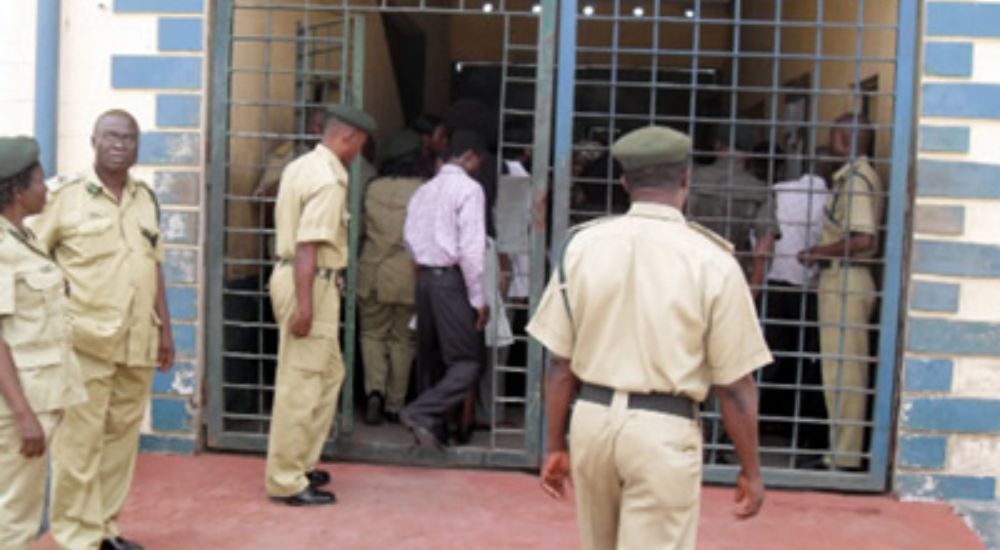Panel Urges Overhaul Of Nigeria’s Non-Custodial Justice System

The independent investigative panel on alleged corruption and other human rights violations of the Nigerian Correctional Service (NCoS) has urged a comprehensive overhaul of the country’s non-custodial justice system, citing gaps in the implementation of alternatives to imprisonment.
On the fourth day of its public hearing in Abuja, the panel reviewed measures such as fines, compensation, community service, probation, and parole, stressing that their poor application continues to worsen overcrowding in correctional centres.
Dr. Uju Agomoh, the panel’s secretary, in a summary of Thursday’s proceedings, said the inability of some inmates to pay fines or compensation remains a critical challenge.
The panel requested the NCoS to provide detailed data on inmates released through the intervention of the Minister of Interior, Dr. Olubunmi Tunji-Ojo, including the total amount spent and the number of beneficiaries.
According to available records, in December 2023, the minister facilitated the release of 4,086 low-risk offenders by raising N585m through private donations to settle fines and compensation.
While commending the initiative, the panel demanded a state-by-state breakdown of the releases and directed the Legal Aid Council of Nigeria to submit records of fines paid on behalf of inmates over the years.
Agomoh noted that some inmates spend months in custody for fines as low as N10,000 or N30,000, at a higher cost to the government.
She called for a review of the fine system and the creation of a Victim Compensation Fund to resolve outstanding payments that delay eligible inmates’ release.
The panel also questioned the implementation of Section 37(1) of the NCoS Act, 2019, which provides for non-custodial measures, and directed the service to submit statistics on community service, probation, parole, and other interventions across states.
Concerns were raised over the absence of budgetary allocation for non-custodial services despite their legal backing. The panel requested NCoS budget records from 2019 to date, including instances when such requests were denied.
Staffing disparities were also highlighted, with NCoS data showing 1,563 officers in the Non-Custodial Directorate, but with Kebbi State having 131 officers compared to Imo State’s seven. The panel demanded deployment figures for all 774 local government areas and details of recruitment plans.
Other directives included the submission of the NCoS’s strategic plan on facilities, training, operational manuals, and resource allocation. While acknowledging academic partnerships, such as the engagement of social science interns in Anambra State, the panel emphasised the need for proper training and oversight.
International and local civil society organisations, including UNICEF, United Action Against Corruption and Injustice International, and Prison Fellowship, were commended for their submissions, which the panel pledged to review.
In her closing remarks, Panel Chairperson and Permanent Secretary of the Federal Ministry of Interior, Dr. Magdalene Ajani, thanked stakeholders, the media, and Nigerians following the proceedings online.
She announced a closed-door session for Friday, August 15, by invitation only, and urged all final documents to be submitted beforehand.
“As investigations continue, the panel reiterates that non-custodial measures remain a vital but underutilised means of decongesting correctional centres and promoting a more humane justice system,” Ajani said.
Panel Urges Overhaul Of Nigeria’s Non-Custodial Justice System is first published on The Whistler Newspaper





